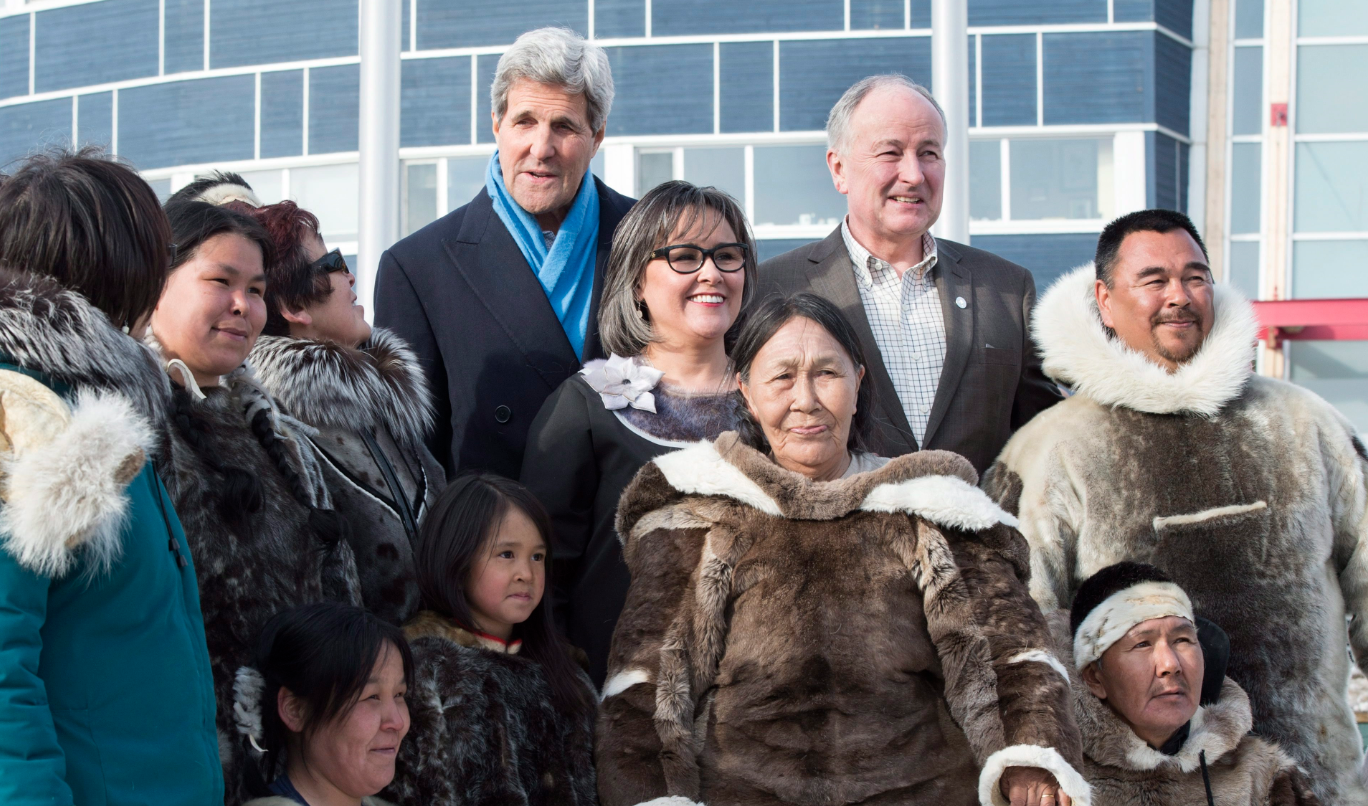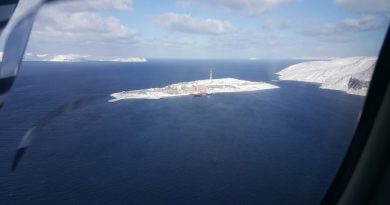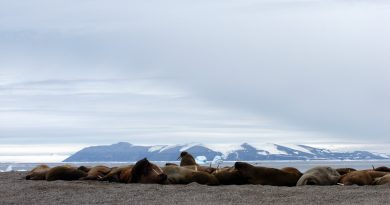All Arctic Council, all the time – Arctic week in Review

On this week’s news round-up, we bring you some of your most read stories on Eye on the Arctic this week, and it was pretty much all Arctic Council, all the time:
-Arctic expert Heather Exner-Pirot looks at the Arctic Council winners and losers, and some of her conclusions may surprise you.
– Arctic indigenous peoples warn the international community that continued tensions with Russia could erode progress made on circumpolar cooperation since the end of the Cold War
– The U.S. lays out a climate-focused agenda as it takes over the chairmanship from Canada
– Mia Bennett, from the Cryopolitics Arctic News & Analysis blog, compares the Iqaluit ministerial to the 2013 ministerial in Kiruna, Sweden
-And before we go, we’ll leave you with the one non-Arctic Council story that dominated our headlines this week, and that’s a report from the Barents Observer looking at Soviet-era nuclear submarine pollution in the North
That’s all from us this week! We’ll be back on Monday with more stories and newsmakers from across the North.
Write to Eilís Quinn at eilis.quinn(at)cbc.ca



